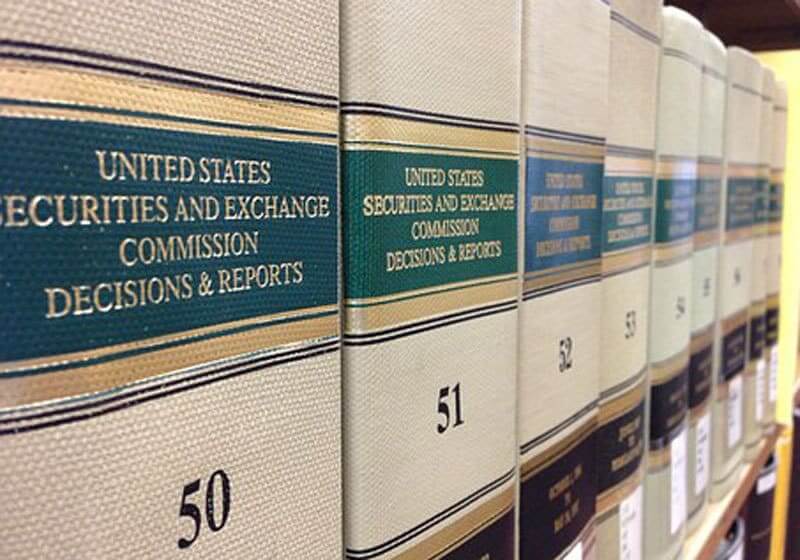A power of attorney is a legal document that grants someone the authority to make decisions on someone else’s behalf. While it can be beneficial in many situations, there are times when it becomes necessary to revoke this authority.
Revoking an existing power of attorney can be an essential step in safeguarding one’s personal and financial well-being. However, it’s crucial to understand the reasons for it to ensure that their interests are protected.
In this article, we’ll explore five common reasons to consider revoking an existing power of attorney online. From changes in relationships and circumstances to concerns about the agent’s actions, we’ll cover it all.
By being aware of these reasons, one can make informed decisions to maintain control over their affairs and prevent potential misuse of trust and authority.
Let’s dive in.
1. Change in Relationships
One important reason to revoke an existing power of attorney is a change in relationships. If principal’s relationship with the person they appointed as their attorney changes, such as through a divorce, separation, or just a major falling out, it may no longer be appropriate for that attorney to have control over their affairs.
Trust is essential in a power of attorney relationship, and if that trust is compromised, it would be wise to revoke the POA. It’s essential to ensure that the one’s attorney truly has their best interests at heart. So, changing the POA when relationships shift helps protect their personal and financial well-being.
2. Mismanagement or Abuse of Authority
Another good reason to revoke an existing power of attorney is if the agent mismanages or abuses their authority. This could include irresponsible spending, neglecting the donor’s needs, or making decisions for their benefit instead of the donor’s.
If the grantor of the POA finds out that their attorney is making decisions that harm their finances or well-being, it’s essential to act quickly. In such cases, revoking the POA would stop the attorney from having further control and help protect their interests.
By always monitoring their agent’s actions, the donor can ensure that they act in their best interests, and they can choose to revoke the POA’s authority if they fail to do so.
3. Attorney’s Inability to Serve
Revoking an existing power of attorney is also necessary if one’s agent can no longer serve effectively. This can happen if they become ill, incapacitated, or pass away. It can also occur if they move far away or are otherwise unable to fulfil their responsibilities.
An attorney’s inability to serve means that they can’t manage the principal’s affairs properly, putting their interests at risk. By revoking the POA and appointing a new, capable attorney, one can ensure that their personal and financial matters are handled appropriately.
To maintain effective management of their affairs, one should make sure that they regularly assess their attorney’s ability to serve.
4. Changes in the Principal’s Needs
Revoking an existing power of attorney may also become necessary if the grantor’s needs change significantly.
As life progresses, one’s personal, financial, or medical needs might evolve, requiring different levels of expertise or attention than their current attorney can provide. For instance, they might need someone with more financial acumen or medical knowledge to handle their affairs effectively.
By revoking the POA and appointing an agent who’s better suited to their current needs, one can ensure that their interests are adequately protected and managed. As long as the grantor regularly reviews their POA, their agent’s capabilities will remain aligned with their changing circumstances, ensuring the best care and decision-making.
5. A Better Understanding of Legal Options
A donor might find it necessary to revoke an existing power of attorney as they gain a better understanding of their legal options.
Initially, they may not have been fully aware of the implications and alternatives available. However, with more knowledge, they might realise that a different type of POA or legal arrangement would be better suited to their needs. For example, they might prefer a limited POA over a general one or learn about other legal tools that offer more protection.
By revoking the current POA and choosing an option that aligns more closely with their goals, the donor can ensure that their affairs are managed in the most effective way possible.
To Sum Up
There are numerous situations where revoking an existing power of attorney may be necessary for maintaining control over one’s personal and financial affairs.
Whether due to changes in relationships, or a better understanding of legal options, it’s essential to ensure that one’s POA arrangement always aligns with their best interests.
Regularly reviewing and updating a POA can help prevent potential issues and provide peace of mind. By staying informed and proactive, one can safeguard their well-being and ensure that their affairs are managed effectively and responsibly.





